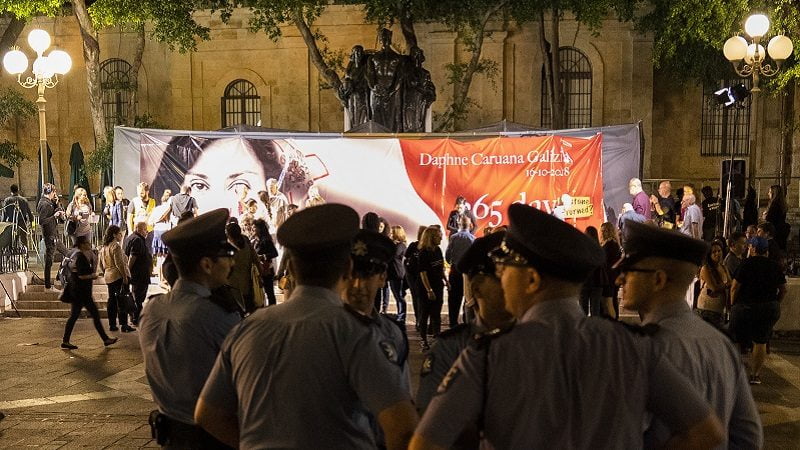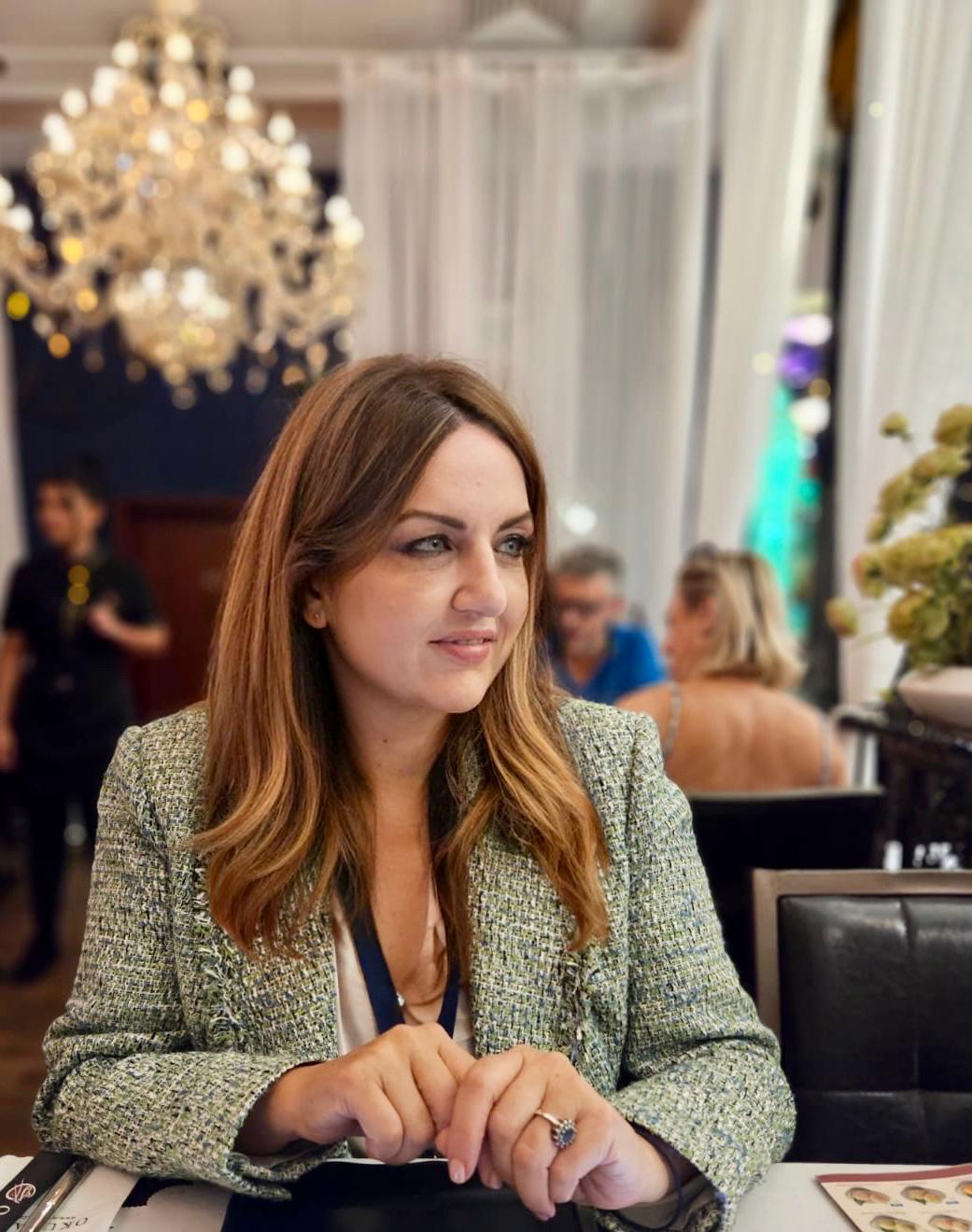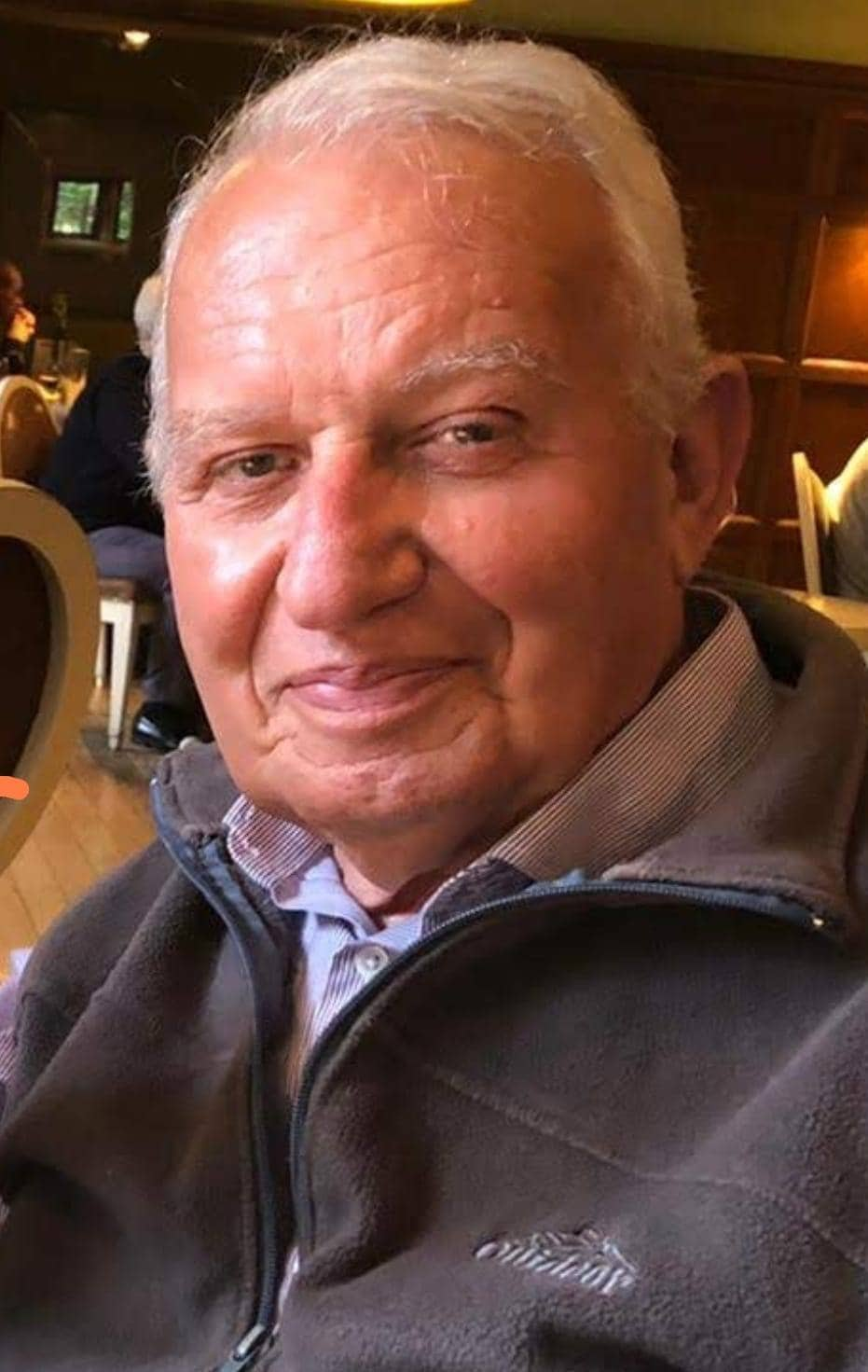The Council of Europe’s media freedom report notes its decline across the EU, highlighting Malta for its failure to conduct any proper investigation into the assassination of Daphne Caruana Galizia.
Following a long stream of reports coming to similar conclusions, the CoE noted that the number of attacks on journalists has grown steadily with a total of 140 threats reported last year across the EU, with 57% of the threats coming from the State.
More and more journalists are facing arbitrary detention and superfluous legal proceedings designed to silence an intimidate them and to prevent them from doing their work.
“Freedom of expression is crucial for the realisation of all other human rights and it deserves the highest attention of our member states,” the secretary general said, adding that member states should use the report as a basis for dialogue with the CoE to improve media freedom.
Malta’s government was called out for its low tolerance of criticism and an example was given of the defamation lawsuits still pending against Daphne Caruana Galizia, over a year after her murder. The report noted that the posthumous pursuance of her by government officials “illustrates a deep structural injustice” in the country.
Recently, Prime Minister Joseph Muscat was in court in the libel case he carries forward against the journalist killed under his watch, 15 months after her death. He attempted to blackmail her heirs into dropping the case if only they admitted her findings on his wife’s ownership of Egrant were wrong. The family reminded him he was a civil servant there to uphold the law, not undermine it.
The report also observed that there has been a “notable lack of credible indications” that the Maltese authorities are conducting any kind of diligent investigation into who planned the murder. The report continues that such an investigation would call for a “thorough and impartial examination of leads” which in this case should include political and business figures.
The problem of decreasing media freedom and an increase in threats against journalists is something that is impacting the whole of the EU. Twelve months ago, Slovak journalist Jan Kuciak was assassinated following his investigations into tax fraud perpetrated by businessmen with connections to senior Slovak politicians. As a result of pressure from civil society and a number of large-scale protests, Prime Minister Fico and his entire cabinet resigned.
Then in Bulgaria in October 2018, investigative journalist Viktoria Marinova was raped and murdered following her work on reports of alleged corruption in the EU member state.
The CoE stated that these murders had “dramatically raised public and official awareness in the EU of the twin crisis of journalist safety and impunity that has already taken root within the bloc, as well as in other parts of the Council of Europe area”.
Malta has repeatedly come under fire for its treatment of journalists and independent media platforms, as well as the lack of separation of powers between the state and institutions, and its captured judiciary.
The UN, and a number of independent media watchdogs and organisations have noted a significant decrease in freedom of expression since 2013 and yet the government insists there is no problem and that freedom of speech in the country is not under threat, defending government officials discrediting her work and repeatedly erasing any sign of citizens’ call for justice at the protest memorial in front of the law courts in Valletta.














